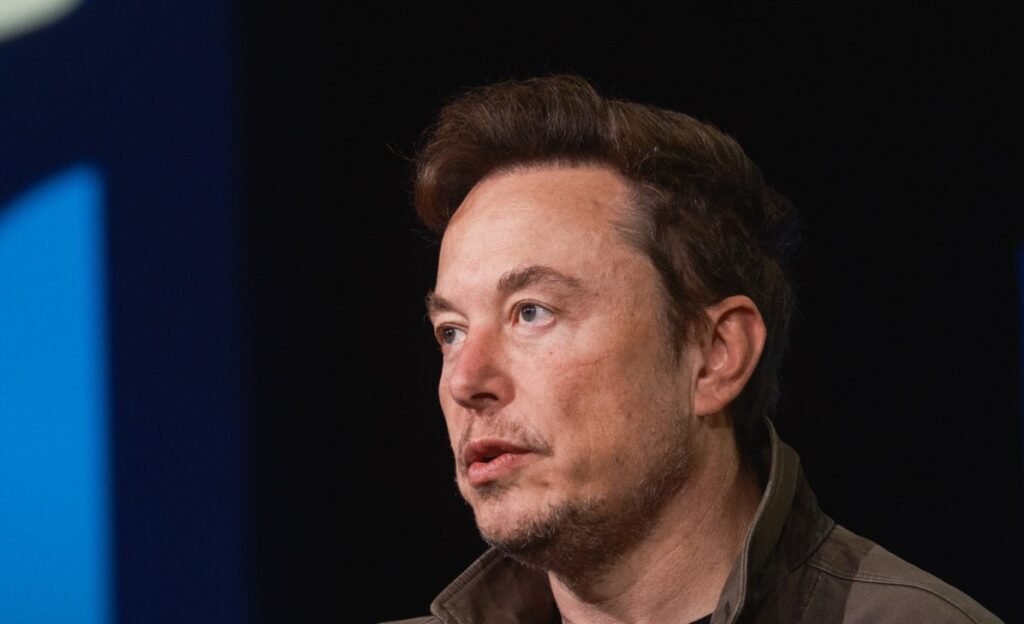Elon Musk’s X (formerly Twitter) is under scrutiny as EU investigators ramp up inquiries into potential violations of the EU Digital Services Act (DSA). Allegations center on Musk’s content moderation policies and increasing political involvement, raising concerns about the platform’s impact on democracy.
EU Probes Compliance with Content Moderation Rules
The EU Digital Services Act mandates stringent content moderation requirements for social platforms, particularly concerning the spread of harmful content and misinformation. After Musk’s acquisition of X in 2023, his “freedom of speech, not reach” approach triggered an EU investigation to determine compliance with these rules.
This open-content stance has allowed for more controversial posts to thrive on the platform, which some argue fosters the spread of harmful content. EU officials are now fast-tracking their inquiry into X, aiming to present findings that could result in significant penalties for the platform.
One official described the investigation as “energetic,” reflecting the mounting pressure to ensure that platforms like X remain accountable in curbing misinformation and harmful discourse. If found in breach of the DSA, X could face financial penalties or other restrictions within the EU.

Musk’s Political Commentary Under the Microscope
Musk’s growing political commentary has added a new layer of complexity to the investigation. In recent months, the billionaire has openly endorsed the Alternative for Germany (AfD) party, which many view as far-right and extremist. Such endorsements, coupled with Musk’s vocal critiques of EU leadership, have raised questions about his intentions and potential interference in democratic processes.
This isn’t the first time Musk has come under fire for political involvement. His support for certain candidates and parties in the U.S. election has already sparked concerns about X’s algorithms being used to amplify specific political narratives. EU officials are now worried that Musk could replicate this influence in Europe, skewing political landscapes to align with his personal beliefs.
One key event intensifying scrutiny is Musk’s decision to host an interview with AfD leader Alice Weidel on X. Critics argue that such moves could be perceived as leveraging X’s platform to boost specific political figures, further intertwining Musk’s political leanings with the app’s reach.
Concerns Over Algorithmic Manipulation
The heart of the controversy lies in the potential weaponization of X’s algorithms. Experts fear that Musk could use the platform to artificially amplify content that aligns with his preferred political ideologies. Such amplification might not be overtly visible but could significantly shape public discourse.
This concern is compounded by Musk’s prior influence on U.S. politics. During the 2020 U.S. election, Musk played a pivotal role in promoting Donald Trump’s campaign, raising alarms about how tech leaders might exploit platforms to exert political sway. EU officials are wary of similar tactics being employed in Europe, where elections are already a sensitive subject.
Moreover, these fears extend beyond content amplification. Some critics argue that X’s broader content moderation strategy under Musk has enabled fringe voices to gain prominence, potentially destabilizing democratic processes.
What’s at Stake for X and Musk?
The outcome of the EU’s investigation could have far-reaching implications for X’s operations in Europe. Under the DSA, violations could result in fines of up to 6% of the platform’s global revenue, alongside potential restrictions on operations within the EU.
Beyond financial penalties, the controversy may erode trust in X among European users and advertisers. If X is perceived as a tool for political manipulation, it risks alienating a significant portion of its audience. For Musk, these developments represent a broader challenge to his efforts to redefine X as a free-speech haven.
At the same time, the case underscores the tension between free speech and responsible platform governance. While Musk’s vision for X has emphasized minimal content restrictions, the EU’s intervention highlights the necessity of balancing free expression with accountability, especially in politically charged contexts.
The Bigger Picture: Democracy in the Digital Age
Musk’s case isn’t just about X—it’s a microcosm of larger debates around tech platforms’ roles in democracy. Social media has become a battleground for political influence, where algorithms and content policies can sway public opinion on an unprecedented scale.
This reality poses a challenge for regulators worldwide: How do you ensure free expression without enabling harm or manipulation? The EU’s investigation into X is a test case for these broader questions, with implications that could shape the future of digital governance.
For now, all eyes are on Musk, X, and the EU. As the investigation unfolds, it will likely spark broader conversations about the responsibilities of tech leaders and platforms in safeguarding democratic values.
